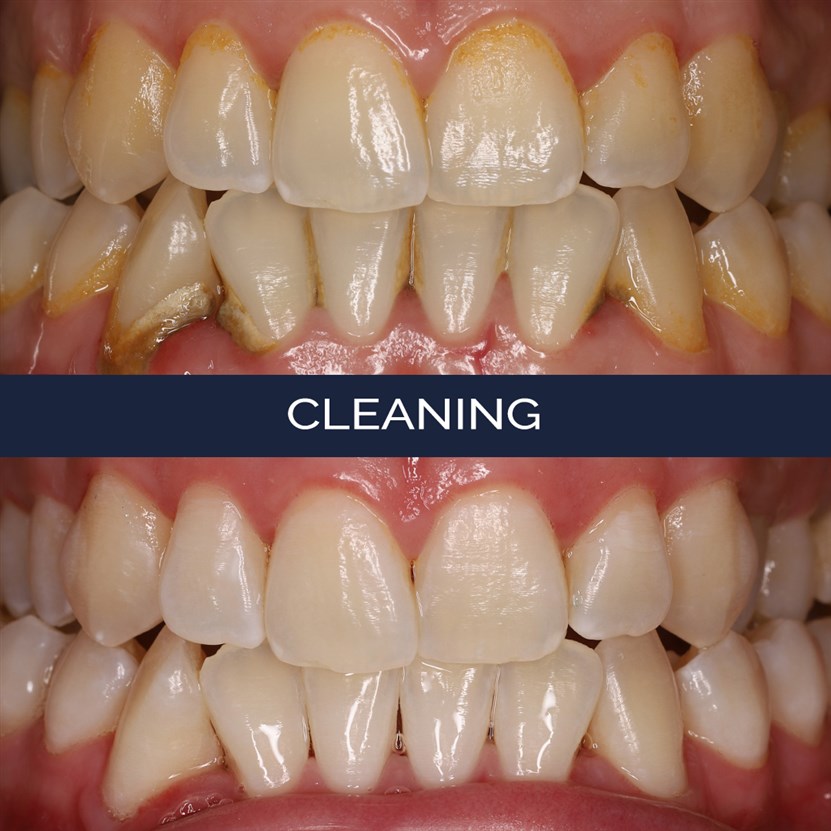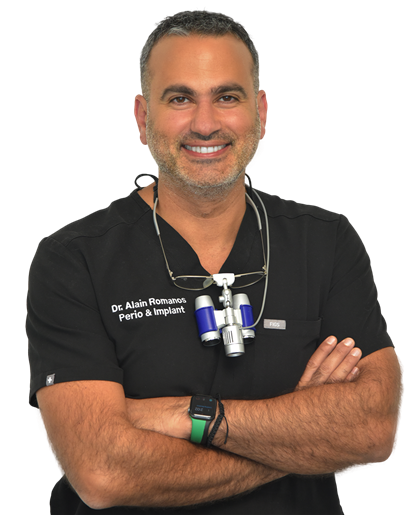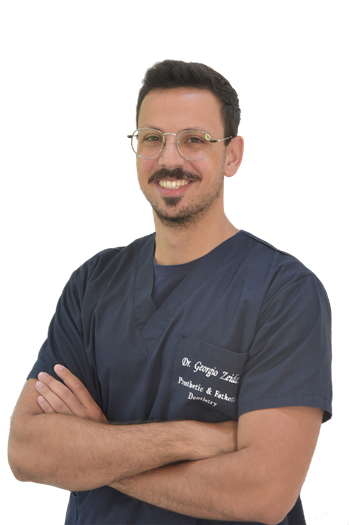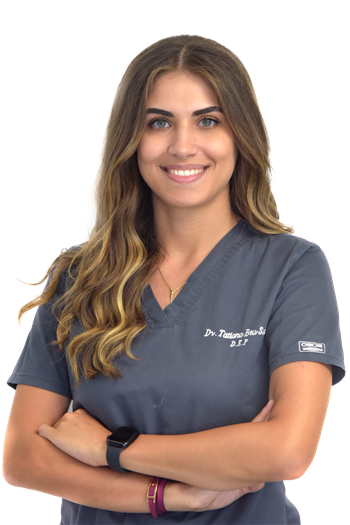Cleaning teeth
Teeth cleaning is a method for removing calculus (mineralized plaque), which can still form despite diligent brushing and flossing, particularly in regions that are challenging to reach with a regular toothbrush. Usually, a dentist will handle it. If there is too much calculus buildup, professional cleaning may also involve debridement and tooth scaling. To loosen and remove deposits from the teeth, several tools or equipment are used in this procedure. While teeth cleaning can be done at home using a toothbrush, toothpaste, and dental floss, each person still needs a deeper, more thorough cleaning that only a dentist can provide.
-
Making your dream a reality
You frequently asked
-
What can I do at home to keep my teeth clean?
You should clean your teeth in the morning, before bed, and after each meal. Daily floss is also recommended. Remember to replace your toothbrush every two to three months and to use a soft manual or an electrical one. Contact our dentists if you're feeling any dental pain. Waiting could make the issue worse, and early therapy is always simpler to administer, less intrusive, and more affordable. -
What advantages do dental cleanings offer?
Dental cleanings preserve your teeth and gums in good condition and prevent the need for future, costly dental operations. For instance, if gum disease is not treated, you might need a tooth replacement, extensive cleaning (scaling and root planing), gum grafting, or bone grafting. -
What can I expect from a dental cleaning?
After your dental cleaning, you can anticipate sparkling teeth, fresh breath, and a charming smile. Dental cleanings normally last less than 45 minutes and are painless. After removing any plaque from your teeth, our dentists will clean and polish them to get rid of the bacteria biofilm that has built up on and in between them. If it appears that you have a higher risk of tooth decay, we might additionally give you a fluoride treatment.







.png)








